Researchers have found some of the earliest known forms of animal, animal babies in fact, at the site of the same Cape Race Lighthouse that failed to wire warnings of impending danger to the Titanic. There, on the Avalon Peninsula in Newfoundland, Canada, in the Mistaken Point Ecological Reserve, Oxford and Cambridge University
paleontologists found what seems to have been an underwater nursery of
early animal life.
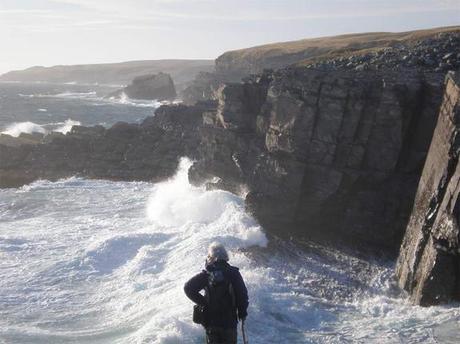 Mistaken Point Ecological Reserve: Credit: Oxford University, Martin Brasier, via livescience
Mistaken Point Ecological Reserve: Credit: Oxford University, Martin Brasier, via livescience
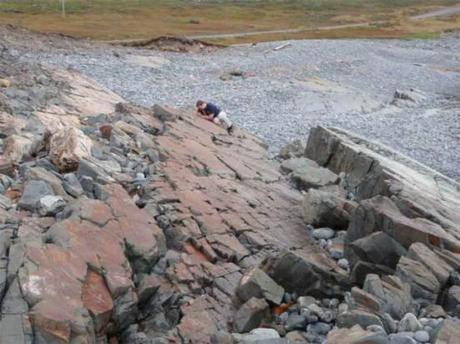
Known as rangeomorphs, the frond-shaped organisms are unlike any of today's sea creatures on close examination, researchers say, but to an un-educated eye, they don't seem too bizarre....
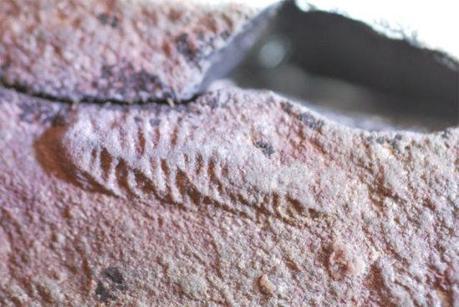
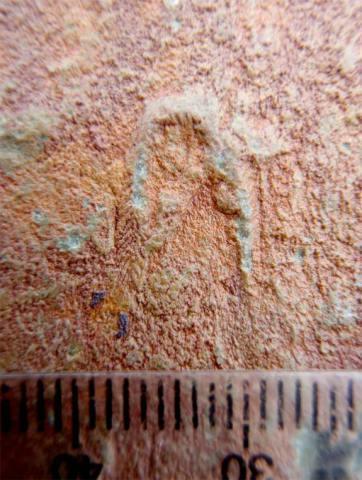
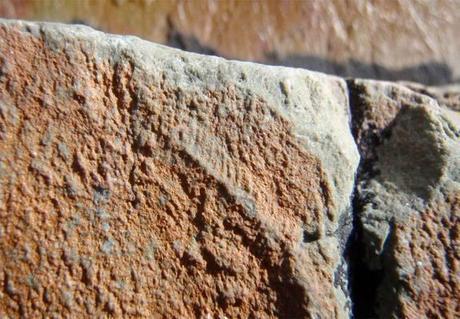
The researchers believe that this find was an underwater nursery that was deluged by the ashes of a nearby volcano that fossilized the whole nursery. Though paleontologists have found evidence of rangeographs prior to the current finding, the specimens dated back to the later years of the Ediacaran period. The evidence at Newfoundland indicates that animal life began even further back than was thought. In any case, the rangeomorphs did not survive into the later Cambrian period, making it very difficult to trace their evolution.
sources: CBS News, LiveScience

